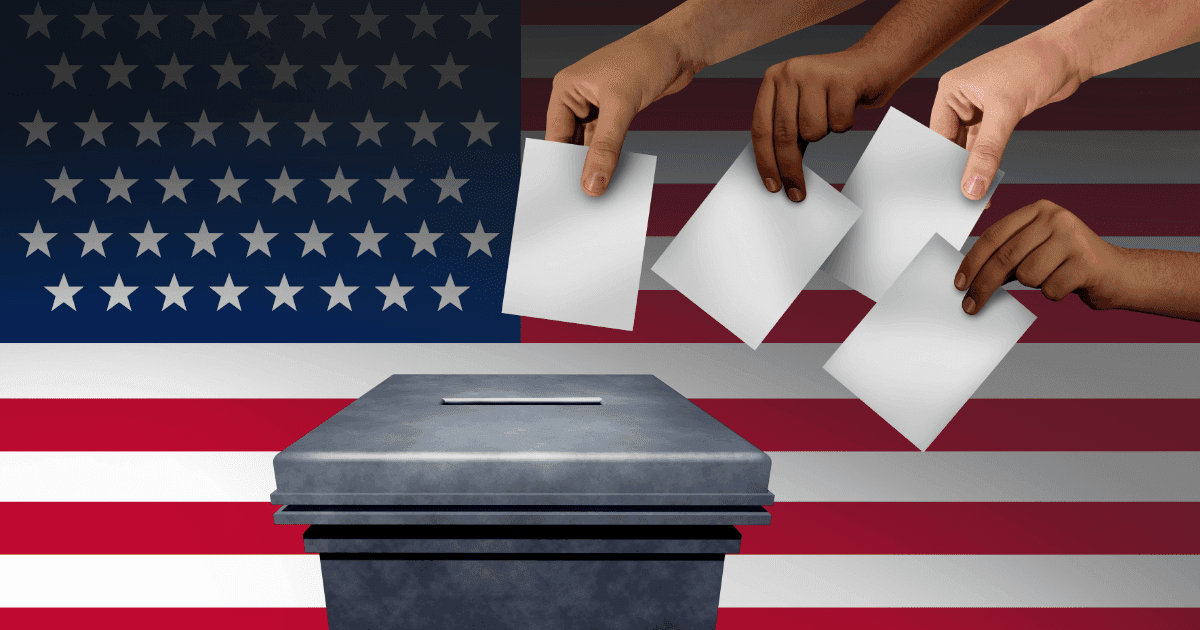Tennessee General Assembly Votes to Ban Ranked Choice Voting

Editor's Note: This article originally appeared on The Fulcrum and has been republished on IVN with permission from the publisher.
Alternative voting systems have been making inroads across the country in recent years but suffered a setback Monday when the Tennessee General Assembly passed a ban on ranked-choice voting.
Assuming Gov. Bill Lee signs the bill into law, this will end a saga that began in 2008 when the people of Memphis voted to use RCV for city elections but had yet to use it — and mark a rare reversal of an electoral system change.
Ranked-choice voting, also known as an instant runoff, was used in more than 43 jurisdictions over the past few years, according to FairVote, which advocates for RCV and other changes to elections systems. New York City is the most populous jurisdiction to use RCV, along with the state of Maine, San Francisco, Minneapolis and many other cities. In 2020, Alaskans approved the use of RCV for federal and state general elections.
The Virginia Republican Party held a ranked-choice gubernatorial primary in 2021, leading to the nomination of now-Gov. Glenn Youngkin — a rare statewide win for a Republican in a state that has been trending Democratic.
The voters of Memphis never got an opportunity to use a system they approved. The local measure authorized the city to begin using RCV after election officials determined that voting equipment could handle it. That approval was granted in 2017 and the city planned to use RCV for the 2019 city council elections (following reaffirmation in a 2018 referendum), but a state election official determined ranked voting would violate the state law.
That led to a series of lawsuits on behalf of Memphis voters, but those filings will be moot if the bill is enacted.
"Ranked choice voting is the fastest-growing nonpartisan voting reform in the country for good reasons. As more than 50 cities have shown, ranked-choice voting is straightforward to implement and easy and popular with voters. That's why many Republicans introduce pro-RCV legislation and Republican parties regularly choose to use RCV for party contests,” said FairVote President and CEO Rob Richie. “It's disappointing that the Tennessee legislature is denying the will of Memphis voters — the voters who twice overwhelmingly voted to implement RCV. We hope they still get a chance in the future."
In an RCV election, voters rank their preferred candidate. If no one receives a majority of first-place votes, the candidate with the least support is eliminated and that person’s voters are redistributed to second-choice candidates. The process continues until someone has a majority of the votes.
In a standard election with more than two candidates, someone can win without earning a majority of votes.
Supporters of ranked-choice voting say that, in addition to guaranteeing the winner can claim majority support, RCV encourages more civil campaigning because candidates need to appeal to a wider base of support in order to earn secondary votes. It also can save money for cities and states by eliminating the need to manage expensive runoff elections.
Ranked-choice voting is not the only alternative method expanding in the United States. Approval voting, in which voters select as many candidates as they want with the person with the most support winning, has been implemented in St. Louis and Fargo, N.D.



